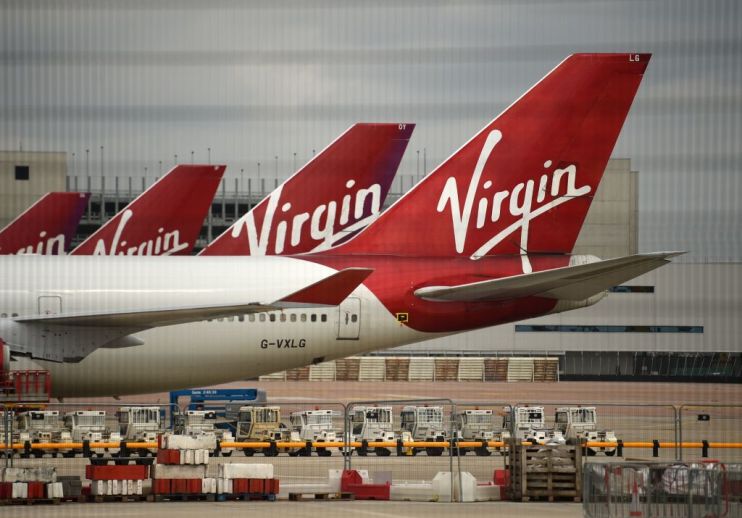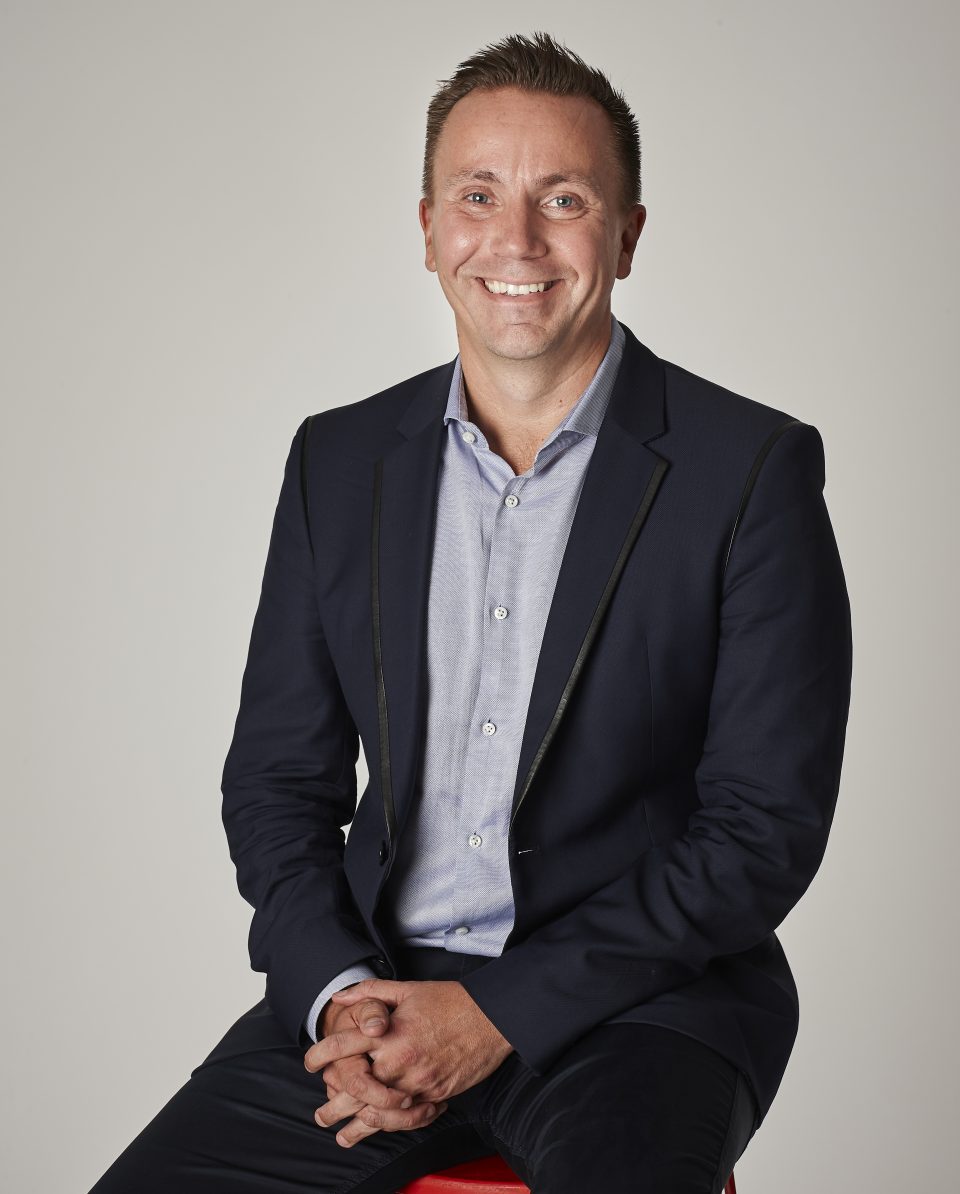After year of pain, Virgin Atlantic exec looking forward to clearer skies

It was the moment it felt like everyone had been waiting for.
On 22 February, Boris Johnson told a cold and tired nation that international travel could be back on the cards from 17 May, prompting a mad rush of pale Brits booking their summer getaways despite pleas that it was too early to do so.
For the airline industry, battered by almost a year of ever-changing restrictions, it was a brief moment of joy after 12 months of grim uncertainty.
The relief is apparent in the voice of Virgin Atlantic’s chief commercial officer Juha Jarvinen as he recounts the instant impact of the PM’s announcement.
“We saw an immediate doubling of our sales. There’s so much pent up demand, and not just for the summer. We’re seeing a sizeable peak in the third quarter, and it looks like the fourth quarter will be our most popular this year”, he told City A.M..
That’s unusual for an airline, for which the best periods of trading are almost always the summer months. But after the 2020 Virgin had, no one is complaining.
At times last spring it seemed like the Sir Richard Branson-founded carrier could be one of many casualties of the pandemic. As passenger numbers plunged, the airline sought £500m of government assistance, only to be rejected.
Fast forward a few months and Virgin had cobbled together a £1.2bn bailout deal, just as the cash crunch was really starting to bite.

As a result of the deal, the carrier had to cut 1,150 more jobs – taking its total number of layoffs to 4,300 since the pandemic began.
But even then, a dire winter as a result of a second shutdown of international travel left the firm in the need of more cash – £160m more, to be precise, the majority from parent Virgin Group.
Jarvinen would not be drawn on whether the carrier could need future funding, saying that there was “no reason” to assume that traffic would not pick up in the summer.
And it is on that 17 May date that the carrier’s attention is currently fixed. Virgin is part of the government’s Global Travel Taskforce, which is due to give the PM recommendations on how to open up travel again safely from that date.
For Jarvinen, the key is to focus on establishing both an agreed international framework for travel, and one-to-one arrangements with other countries which have made the same progress as the UK on vaccination.
Before the Open: Get the jump on the markets with our early morning newsletter
And it could be good news for those, like Branson, who prefer to get their fix of sun in the Caribbean, he added.
“Due to the very high vaccination rate, the US and UK are the likely to be the first countries to emerge from restrictions, as well as some big Caribbean islands like Barbados.
Juha Jarvinen
“We need to put in place bilateral test schemes with individual countries to kick off international travel, because it will take quite a long time before the whole world is vaccinated.”
That could take up until the end of next year, Jarvinen added, and will need a digital health certificate – or “vaccine passport” – style system such as the EU is developing in order to make sure logistics issues such as border controls run as smoothly as possible.
But in the meantime airlines will have to focus their resources on the first routes to reopen, and that, says Jarvinen, is where the lack of business travel could come in handy for Virgin.
“There’s going to be a delayed return of business traffic, which then will mean that we have an opportunity to redeploy aircraft to other routes like the Caribbean”, he said.
In addition, the airline is exploring increasing services to other of its less traditional destinations, such as South Africa and Tel Aviv in Israel, which are ahead of the game in terms of vaccination.
And, Jarvinen added, there could be even more focus on India and Pakistan, two markets which Virgin entered last summer and have proved extremely popular so far.
Like some of its rivals, the carrier also looks set to benefit from one of the most high-profile casualties of the pandemic, Norwegian’s decision to quit Virgin’s core transatlantic market.
“If you look back to summer 2019, Norwegian and (also collapsed) Thomas Cook made up 11 per cent of market share”, Jarvinen said.
“And other carriers have also reduced their capacity on the routes by phasing out bigger jets like the 747. That gives us a chance to reprioritize and make sure we have the right capacity in place for the market.”
But, he added, with new carriers such as Jet Blue potentially coming into the market, nothing was guaranteed at this stage.
Virgin is not out of the woods yet. But at long last it might just be breaking through the clouds and into clear skies ahead.